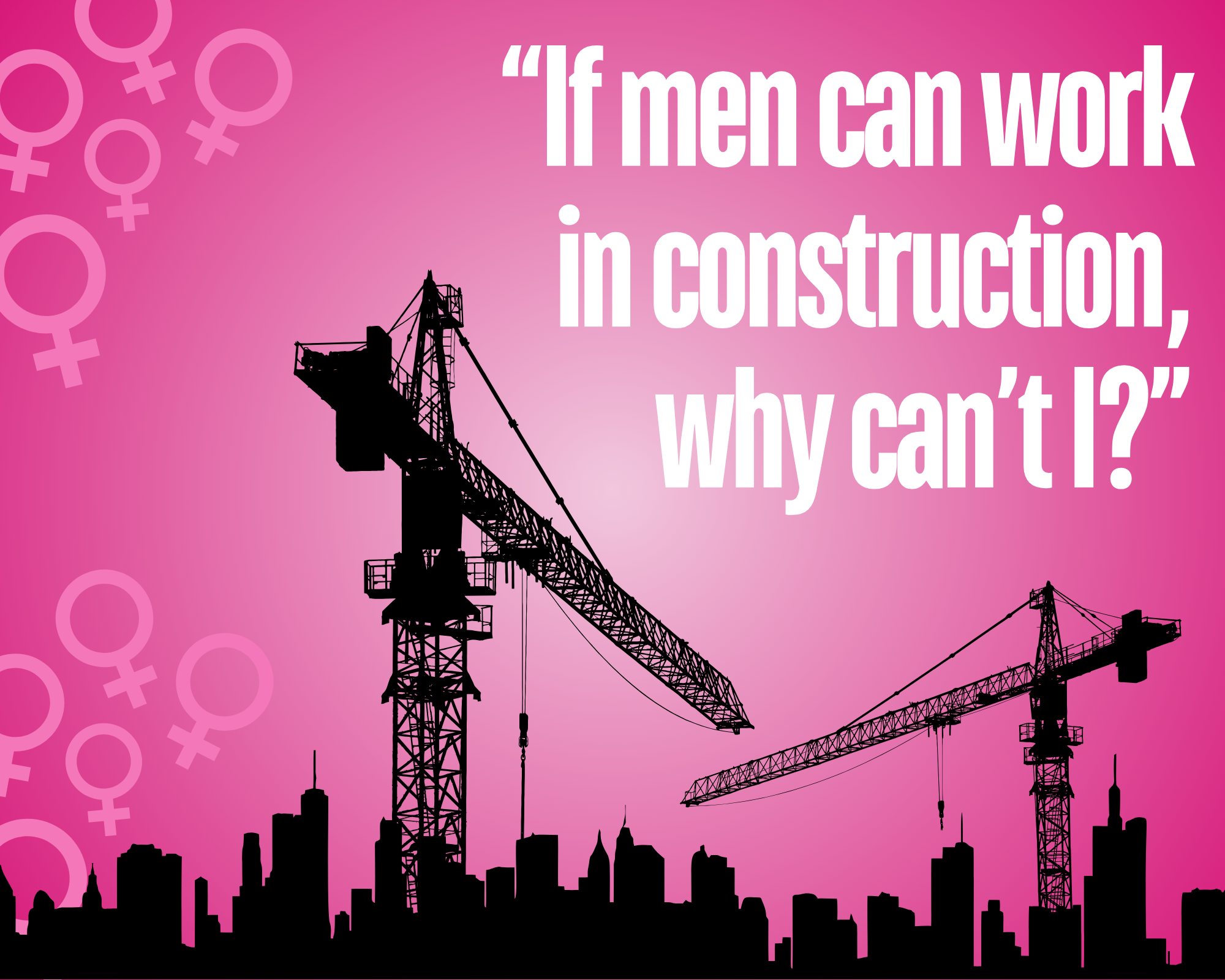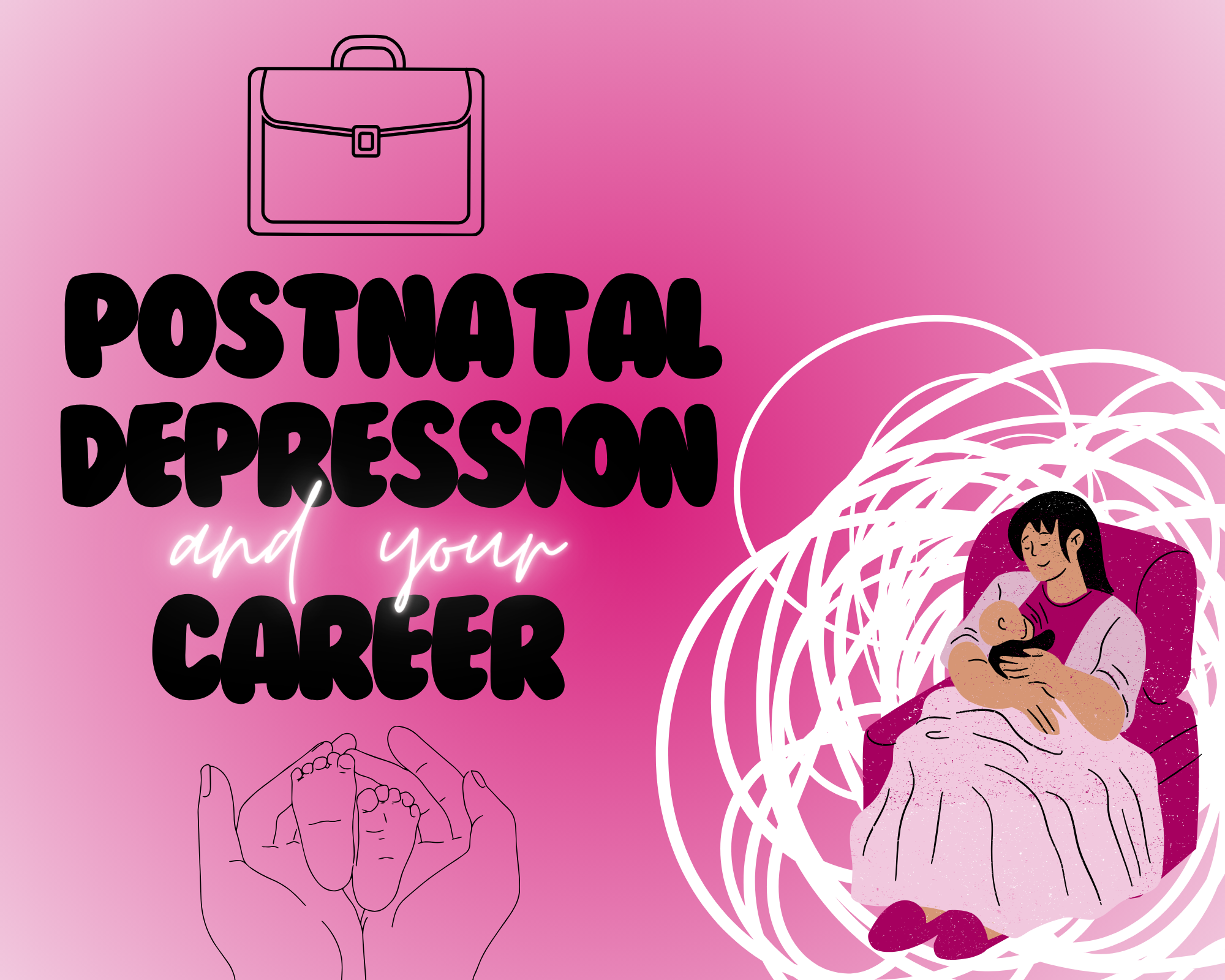Meet the 20-year-old seeking success in one of the most male-dominated industries in the world. Construction.
Niamh Kinnaird was pleasantly surprised to see a designated bathroom for women during her first day on a construction site, only to find it being used as a storage facility for extra materials.
“We never usually have any women on site so we’ve started using it as a shed” said her superior.
“It will take a while to shift all this gear so it would be easier for you to walk down the street to the shopping centre, they have public bathrooms there.”
A 2024 study conducted by Simian Risk, nationally recognised experts in scaffolding and health and safety, found that women make up only 15% of the construction workforce in the UK. Furthermore, within this minority percentage the staggering majority are concentrated in administration roles.
With only 1% of women in construction working in skilled trades, it has gained the title of one of the most male-dominated industries in the world, alongside mechanics, according to the Bureau of Labour Statistics.
20-year-old Niamh began her degree apprenticeship in quantity surveying with construction giant Robertsons in 2022 after completing compulsory work experience with the company during sixth form.
After shadowing the different roles the industry has to offer she felt drawn to the QS division, so much so that after completing her A-levels and progressing through Robertson’s interview process she became one of only four women in her department of 50, and one of the youngest in her entire branch of 2500 employees.
“The intersectionality worried me, I’m a woman and I’m young so I was conscious that people wouldn’t think I was capable, but I know that the construction industry is fiercely competitive so I wouldn’t be there if I wasn’t capable”.
A year and a half since starting with the company Niamh is responsible for the management of projects of up to one and a half million pounds. She received her first solo-project only nine months into her apprenticeship in which she oversaw the costs and legal and quality control procedures for the refurbishment of a local school.
Senior site manager Les Saint said “Niamh has progressed massively since starting at Robertsons, she is a true asset to the team and her potential is sky high.”
“I think a lot of women may potentially feel intimidated coming into the industry based on its stigma and reputation it holds, but Niamh is proof that you can not only survive but thrive.”
Data from the Office of National Statistics shows that the percentage of women in the industry is up 3% since before the pandemic. Research by Redrow PLC evidenced this increase to a number of factors; women find the potential for a high salary appealing, alongside the opportunity to have a long-term career and the ability to set up their own business down the line.
Niamh said “I love my job for many reasons, the control I have over things like budget allocations and cost estimations, being able to visually see what I’ve achieved through the progression of projects, most recently a new wing of a hospital, and the potential to have a well-paying career of upwards of £50,000 a year.
“However it can be difficult to consider a career in an industry that feels like it wasn’t designed for you” Niamh admits.
Insight into the unsuspected consequences of the inequity within the industry came earlier this year when the Yorkshire division of the National Association for Women in Construction (NAWIC) uncovered a disturbing truth: 59.6% of women working in the construction industry are having to wear personal protective equipment (PPE) designed for men.
Niamh, who recently became secretary for NAWIC North East, said “The gloves are always too big for my hands, the protective vests rarely ever fit over my chest and the jackets are always in the biggest sizes and completely drown me.”
Whilst masquerading as a mild inconvenience, these inequities are proven in NAWIC Yorkshire’s report to “have a negative impact on women’s self-confidence, perceived professionalism and most importantly, pose as a serious health and safety hazard.”
They have since launched a national campaign to raise awareness for the women’s PPE that is available on the market and aim to address the widespread inequalities in PPE provisions for minority groups across the construction industry.
“Myself and the committee of NAWIC North East have implemented our own agenda to ensure correct PPE is available for all employees on site” Niamh said.
Another major part of NAWIC’s work is dedicated to tackling the “discrimination and sexism the industry has developed a reputation for perpetuating”.
Niamh said, “The occasional prejudice I have faced seemed to be more of a generational thing. My younger colleagues were more welcoming whilst the older staff tended to question my skills and treat me unfavourably in instances like assuming I didn’t know the answers to questions and assuming I worked in admin.
“However my company handles claims of misconduct with the utmost severity and I find it stabilising to know that if I was to experience any form of discrimination, whether related to my gender, age or anything else, it would be taken very seriously.”
According to Tenna, 64.9% of construction companies in the UK have implemented a Diversity, Equality and Inclusivity (DEI) programme in recent years as part of a government initiative to tackle reports of sexism within the industry.
“Robertsons have an anonymous email box for staff to utilise when reporting inappropriate behaviour” Saint says.“It’s there to reassure our staff that there’s a big agenda to tackle the stereotypes our industry has come to be associated with, most prolifically cat-calling that we handle with a zero tolerance policy.
“Whilst it would be inaccurate to say we have reached equality within the industry, the progress that is being made is instrumental to creating a wholly fair environment that enables everyone to succeed.”
Niamh is now in her final year and is edging closer to becoming a fully qualified quantity surveyor.
“I dedicate my progress so far to my drive to be successful, that has made me the youngest employee in my department to manage my own projects, and my ever-expanding skill set that I have built from the ground up after starting with no prior knowledge of the industry other than my work experience.
“But ultimately nobody knows everything or even anything when they start a new job so my main piece of advice would be don’t be scared to ask the questions you need to ask to broaden your knowledge. What is this piece of equipment? How do I estimate the costs for this project? What are the legal considerations?”
As more women enter into what was once deemed an off limits industry, Niamh hopes her example will encourage even more to do the same.
“It’s even more gratifying to progress in an industry you’re a minority in. It’s incredible to see more female faces in the team and it’s safe to say that I’ve never had to walk to the shopping centre round the corner for the loo ever again.”
For more information on women working in construction, you can also click here.




